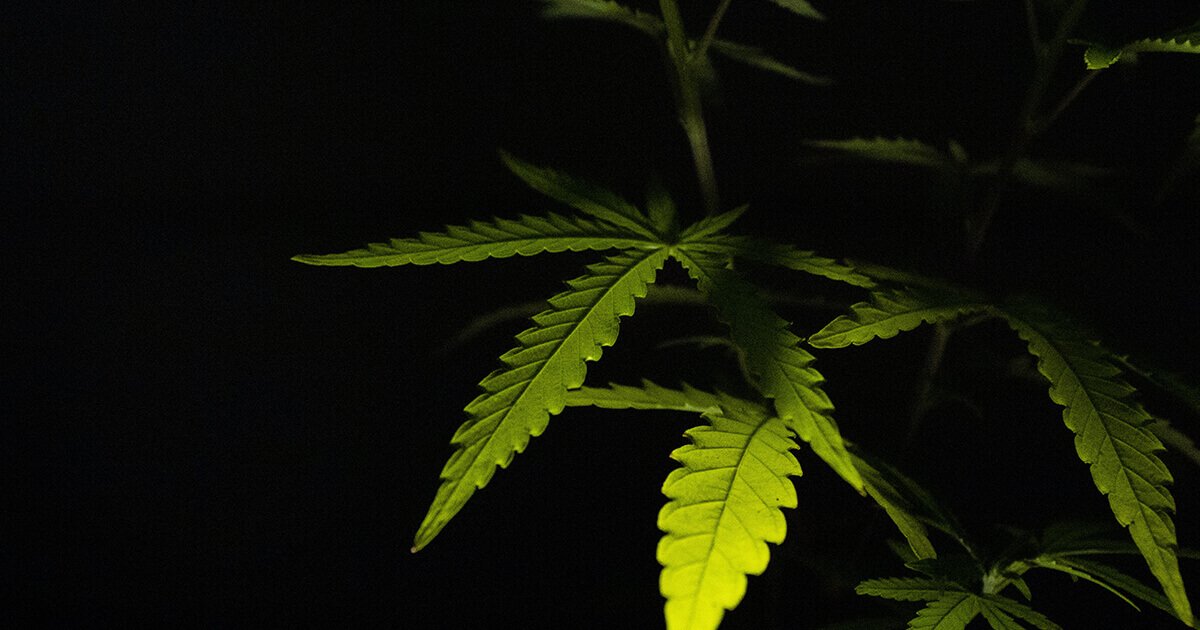Cannabidiol (CBD) is everywhere these days: oils, gummies, capsules, and just about any kind of skincare product you can imagine.
For the uninitiated, CBD is one of more than 100 identified cannabinoids in the cannabis plant. Unlike its sister compound tetrahydrocannabinol (THC), CBD doesn’t have psychoactive effects. In other words, there’s little chance that your CBD lotion will make you feel high.
Instead, the buzz around CBD is in its therapeutic benefits. While many of these are related to whole-body symptoms of pain, anxiety, or insomnia, there are a few related to skin care as well.
What can CBD do for your skin?

The two leading causes of skin aging and common skin issues like acne and hyperpigmentation are:
- free radical damage to the epidermis
- inflammation caused by irregular functions in the endocannabinoid system
The endocannabinoid system is a complex matrix of cell receptors responsible for balancing, such as oil production, melanocyte production (also known as pigmentation), and much more.
CBD is an incredibly effective ingredient in skincare due to it being a powerful antioxidant and providing anti-inflammatory benefits.
Here’s how the antioxidant and anti-inflammatory benefits of CBD affect the body’s largest organ:
- Regulates oil production. The overproduction of sebum is thought to be a contributing factor of acne. CBD may have an anti-inflammatory effect on sebocytes, the skin cells that produce sebum.
- Helps reduce inflammation. As an anti-inflammatory, CBD may be able to help reduce swelling, pain, and redness from existing breakouts, or irritation from skin conditions like eczema and psoriasis.
- Hydrates dry skin. Research from 2009 suggests that CBD oil may be effective for dry, dehydrated skin.
Are you considering using CBD oil for hyperpigmentation?
Almost everyone has heard of the many health benefits of CBD oil. So a new question may be, what benefits does CBD have on the skin, and does it help with hyperpigmentation? Let’s have a look!
What is hyperpigmentation?

Before we evaluate the benefits of CBD in the fight against hyperpigmentation, what does that big word even mean?
Hyperpigmentation is a very common, usually harmless condition, where the spots on the skin are darker than the surrounding skin. This can happen for a number of reasons, the most common being sun damage. Darker spots can form after prolonged exposure to the sun and generally begin to appear in old age.
Another form of hyperpigmentation is called melasma, which occurs as a result of hormonal changes. Pregnancy can cause the formation of these spots or if a woman starts birth control that changes hormone levels.
Acne can also cause a form of hyperpigmentation, leaving a dark mark where the acne was. The body can treat the area affected by acne as if it has injuries, increasing the amount of melanin in that area and causing the appearance of a dark spot.
Regardless of the cause of hyperpigmentation, most people who suffer from the current condition of the skin want to have a cure or at least a way to reduce the appearance of darker spots on the skin. Although hyperpigmentation does not hurt, it can cause anxiety and social unrest.
Traditional treatments for hyperpigmentation
There are many different methods used to help with hyperpigmentation, some more successful than others. Typical treatments include:
Avoid the Sun – The sun can be a major cause of hyperpigmentation, so avoiding it and using sunscreen help
Creams for daily use – creams that are usually recommended may contain azelaic acid, corticosteroids, hydroquinone, kojic acid, retinol, and vitamin C.
Cosmetic procedures – laser therapy, chemical peeling, and microdermabrasion help reduce the appearance of hyperpigmentation.
Although many of these treatments are effective, some can be quite harsh. Applying chemicals to the skin daily is not the most desirable solution, and undergoing cosmetic procedures is something you would also like to avoid. That is why many people use CBD to help with hyperpigmentation.
Benefits of CBD for the skin
Helping to reduce inflammation is one of the main properties of CBD. Again, it has been shown to have strong anti-inflammatory properties that can translate into skin health. For example, an anti-inflammatory agent, such as CBD oil, can help reduce acne, treat psoriasis and eczema. If acne can be reduced, hyperpigmentation is less likely to occur.
CBD has also been shown to act as an antibiotic, killing harmful bacteria almost instantly. This can once again be beneficial for skin problems by preventing infection that could later lead to hyperpigmentation.
The anti-inflammatory, soothing, and also hydrating effects that CBD has on the skin are what make it so attractive to help with skin-related diseases, especially hyperpigmentation.
CBD oil for hyperpigmentation
To look at CBD specifically in relation to hyperpigmentation, you need to think about what causes hyperpigmentation, as well as how CBD will solve the underlying problem. As already mentioned, the biggest way CBD oil can affect hyperpigmentation is by preventing inflammation. Because hyperpigmentation can occur after acne or because the body tries to heal the skin after sun damage, if the affected area is treated with CBD, there will be less inflammation or irritation. The dark color fades because the skin no longer perceives this area as an “injury”.
CBD has also been shown to soothe and hydrate, two characteristics that will again help with hyperpigmentation by soothing the skin. When the skin calms down, it will probably return to its natural color.
How CBD is used for hyperpigmentation
Since hyperpigmentation is a skin disease, the most immediate treatment is to use a face cream or lotion.










